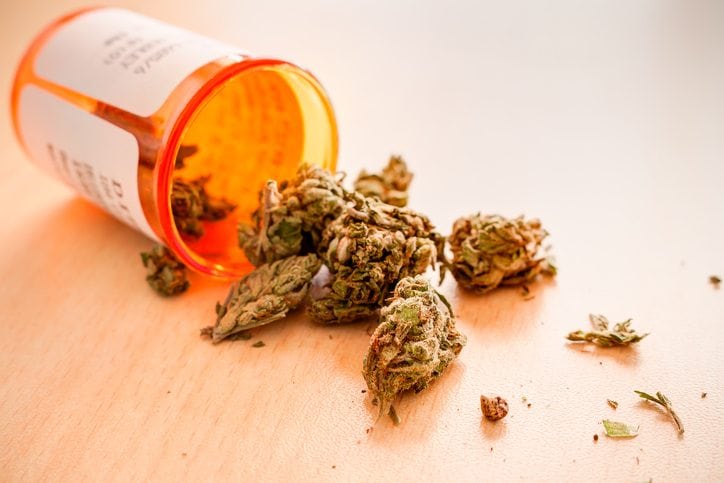<< Back
Medical Marijuana Not Approved to Treat Opioid Withdrawal

March 08, 2018
On Monday, Feb. 26, the state Board of Physicians tabled a proposal to add opioid use disorder and opioid withdrawals to Connecticut’s list of approved medical marijuana conditions, citing a need to further consult with mental health and addiction experts.
The Board considered three other chronic conditions and diseases at the public hearing in Hartford, approving one, rejecting one, and tabling two, including opioid use and withdrawals. There are currently 22 conditions that qualify adults for medical marijuana in Connecticut, with more than 23,000 registered patients.
According to J. Craig Allen, MD, medical director at Rushford and a board certified addiction medicine doctor, the treatment of opioid use disorder with medical marijuana carries many risks.
“There is no evidence that cannabis is an effective treatment for opioid use disorder,” Allen said. “But, there is significant research showing that addictive substances like marijuana, alcohol and cocaine impact the same neuro-circuitry that is dysfunctional in opioid use disorder leading to decreased inhibition, impaired judgment and increased vulnerability to relapse.”
Another concern, according to Allen, is that adding opioid use disorder to Connecticut’s approved conditions would draw people away from the evidence-based, FDA-approved, first-line options like medication-assisted treatment.
“Medication-assisted treatment is already highly underutilized,” Allen said. “Medications such as Suboxone or Vivitrol provide protection from overdose at the level of the opioid receptor; marijuana doesn’t do that. Without this protection, people are at a much higher risk of relapsing and potentially overdosing and dying.”
Whether cannabis or cannabinoids have any role in the treatment of someone suffering from opioid addiction is yet to be determined. However, a study in the January edition of “The American Journal of Psychiatry” concluded that cannabis use appears to increase rather than decrease the risk of developing nonmedical prescription opioid use and opioid use disorder.
“As is the case with most proposed medical uses of cannabis, more research needs to be done in order to determine efficacy and safety,” Allen said. “At this point, we need to be cautious and collect more information before moving forwards with any decisions about opioids and medical marijuana.”